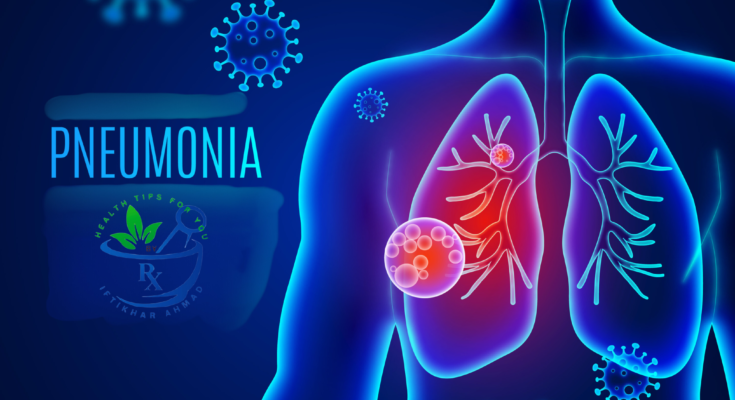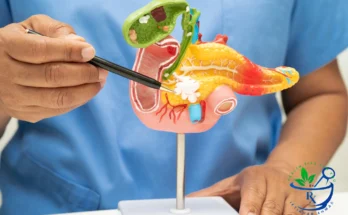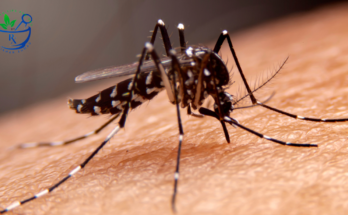Pneumonia is an infection that affects the lungs and is one that most people experience sometime in their lives and this type of pneumonia is very rampant all over the world and it affects millions of people each year. This condition, and its subtypes such as bacterial, viral or walking pneumonia is characterized by inflammation of the air sacs in the lungs filled with fluids or pus. Although pneumonia is considered to be a treatable disease, following its causes, treatments and use of herbal remedies is necessary for a good health boost. Read on to find out what this condition is, what medical treatment is available, if there are any natural cures and how one can avoid getting it.
What Is Pneumonia
Pneumonia is an inflammation of the lungs that result from bacterial, viral, fungal or even chemical infective agents. The disease can range from mild to severe or it can be potentially fatal. The term walking pneumonia is used to describe a less severe form of the disease, although it is usually as a result of infection by Mycoplasma pneumonia, a bacteria. While the severe forms can keep one hospitalized, walking pneumonia may not necessitate a hospital stay, although it is not comfortable.
Causes
Pneumonia is a medical condition that develop as a result of invasion of undesirable pathogens into the lungs leading to impairment of the body’s protective mechanisms. Let’s explore some major causes:
Bacterial Pneumonia
This type is mostly associated with Streptococcus pneumoniae. It occurs when bacteria penetrate the lungs and start to proliferate, thereby, causing inflammation. People with compromised immune systems, especially older adults, are most vulnerable.
Viral Pneumonia
Viruses such as influenza or respiratory syncytial virus (RSV) can cause this type of pneumonia. Consequently, viral pneumonia is more prevalent in young children and, additionally, in older adults. Therefore, recognizing its symptoms early is crucial for effective management.
Walking Pneumonia
This condition, caused by Mycoplasma pneumoniae, progresses slowly. Consequently, it leads to less severe symptoms compared to other types of pneumonia. Furthermore, people often mistake it for bronchitis or, alternatively, a persistent cold, making it important to identify the symptoms accurately.”
Other Factors
- Inhaling chemical fumes
- Aspiration of food or liquids into the lungs
- Chronic illnesses like asthma or diabetes
- Weakened immunity due to smoking or chronic diseases
Symptoms of Pneumonia
Common symptoms include:
- Persistent cough (dry or with mucus)
- Fever, chills, and sweating
- Shortness of breath
- Fatigue and muscle pain
- Chest pain while breathing or coughing
Medical Treatment
The management varies depending on the type, stage and severity of the disease.
Antibiotics for bacterial pneumonia
Doctors may recommend antibiotics such as amoxicillin or azithromycin because Streptococcus viridans or other Alpha-hemolytic Streptococci bacteria usually cause acute infective endocarditis. These assist in stemming bacterial related infections as well as managing symptoms associated with these infections.
Antiviral Medications
In the case of viral pneumonia, these are oseltamivir amongst other antiviral drugs maybe administered. It will also be important to remember that rest and hydration are also very important.
Admission to the hospital in severe cases
Acute cases of pneumonia may call for oxygen supplementation, IV antibiotics, or adjunctive use of a ventilator in a healthcare facility.
Natural and Herbal Remedies
In addition to medical treatments, natural remedies and herbs can support the healing process.
Herbal Remedies
- Ginger and Turmeric Tea: Both ginger and turmeric possess anti-inflammatory properties. Drinking this tea may help reduce lung inflammation.
- Garlic: Known for its antimicrobial effects, garlic can aid in fighting bacterial infections.
- Eucalyptus Oil: Inhalation of eucalyptus steam can help clear congestion.
Dietary Support
- Vitamin C-Rich Foods: Oranges, lemons, and bell peppers boost immunity.
- Honey: Adding honey to warm water soothes throat irritation and suppresses coughing.
- Probiotics: Yogurt and kefir improve gut health and strengthen immunity.
Lifestyle Modifications to Prevent Pneumonia
Prevention involves adopting a healthy lifestyle and avoiding risk factors.
- Quit Smoking: Smoking weakens the lungs and makes them more susceptible to infections. Quitting is essential for lung health.
- Vaccination: Getting vaccinated for influenza and pneumococcal diseases reduces the risk of pneumonia.
- Stay Hydrated: Drinking plenty of fluids keeps the airways moist and helps expel mucus.
- Regular Exercise: Moderate exercise boosts lung capacity and strengthens the immune system.
When to Seek Medical Help
However, natural remedies and a productive lifestyle can help, but you must seek medical intervention in case of a severe attack. Additionally, If your temperature remains high, you have difficulty breathing, or you feel confused, seek help immediately.
Conclusion
Bacterial, viral, and walking pneumonia is an illness that must not be ignored. Therefore, combining medical treatments with herbs and a proper diet can help individuals return to their normal state and, furthermore, prevent its recurrence. Additionally, some effective ways to prevent this condition include maintaining a healthy diet and frequently engaging in exercises. Moreover, let it become trendy to adopt these habits, as they can help each of us enjoy healthier lungs and, consequently, lead a happy and healthy life!
References
- Mandell, L.A., et al. Principles and Practice of Infectious Diseases. Elsevier, 2020.
- Kalil, A.C., & Metersky, M.L. “Management of Adults with Hospital-acquired and Ventilator-associated Pneumonia.” Clinical Infectious Diseases, 2016.
- World Health Organization (WHO). “Pneumonia: Causes and Prevention.” Updated 2023.
- Myers, M.A., et al. Natural Remedies for Respiratory Health. Oxford University Press, 2019.





